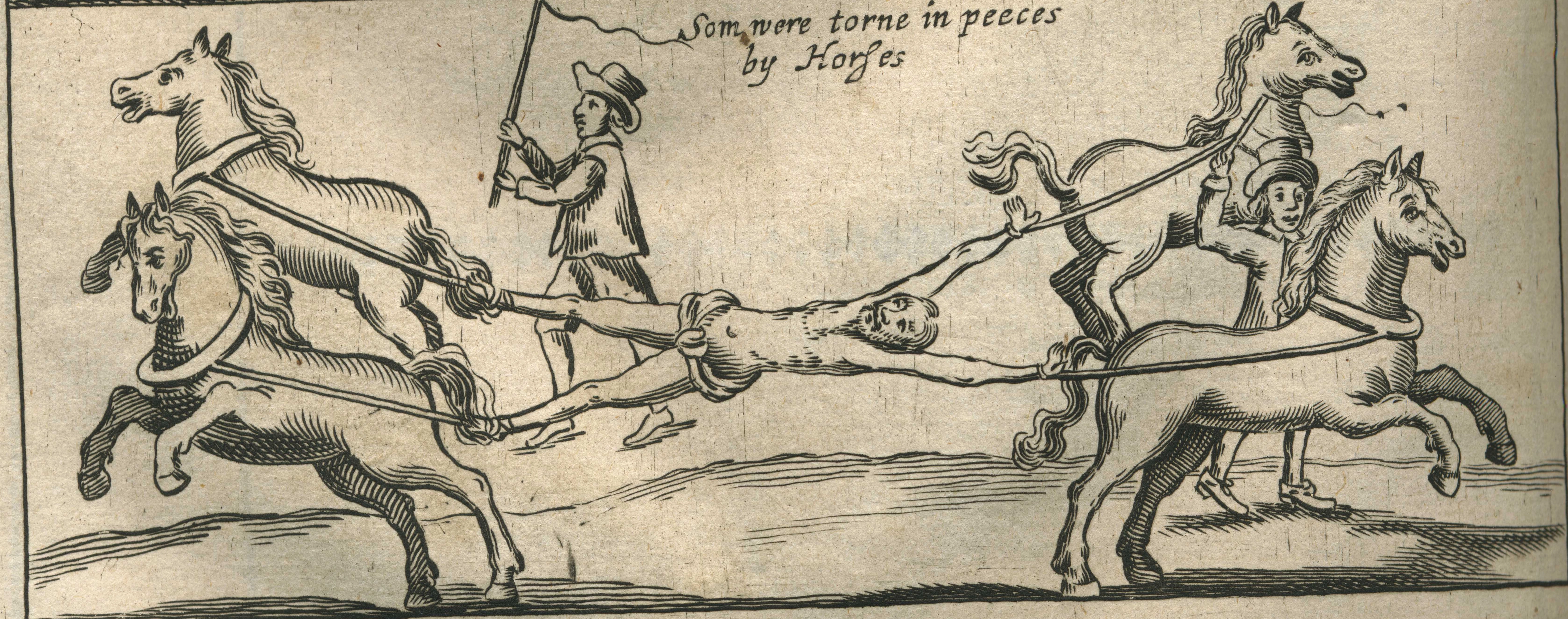Despite institutionalized punishments that most people today would consider to be cruel, emphasis on compassion – a heartfelt assertion that ‘true Christians haue compassion towards their enemies’ (Thomas Wilson, Saints by Calling: or Called to be Saints, London, 1620, p. 386) – is one of the salient features of seventeenth-century Protestant discourse. Richard Baxter was particularly insistent that ‘he that cannot love his enemy, bless them that curse him, and pray for them that hate and persecute him, and return good for evil, can be no child of God’ (Richard Baxter, A Treatise of Self-Denial, London, 1675), p. 204). The number of seventeenth-century publications citing Matthew 5:44 is in the hundreds, more than ten times as many as during the sixteenth century (even allowing for the increase in the number of publications this is a significant increase), and the variety is as notable as the quantity, ranging across every shade of puritan and episcopalian belief.
In Catholic texts, Matthew 5:44 is discussed far less frequently, and the emphasis is on suffering with Christ on the cross and the spirit of Luke 23:34, on forgiving one’s enemies when one suffers at their hands, rather than on loving them and showing them compassion when they are suffering. Cristóbal de Fonseca, who gives a long sermon on loving one’s enemies (Deuout Contemplations Expressed in Two and Fortie Sermons vpon all ye Quadragesimall Gospells, London, 1629, pp. 39-61), exemplifies the ambiguous feelings of Catholics towards this subject. In that sermon, he says, ‘the hurt is so great to him that doth the wrong, that he that is wronged ought to take pittie and compassion of him’ (p. 52), but later on in the same work he lets slip his true feelings: ‘No man will trust the pittie and compassion of an enemy’ (p. 639).
Despite his inconsistency on this point, Fonseca’s company would nevertheless, in all likelihood, have been preferable to that of those Christian gentlefolk who extended a pious hand in pity – ‘thou also diddest lend him thine hand, to haue puld him out of the fire’ – only to reflect spitefully on how such compassion serves ultimately to confound the reprobate still more: ‘because he still hated to be reformed … hee will bee more and more fearefully ashamed, and confounded at that great and fearefull Day’ (Robert Bolton, Some Generall Directions for a Comfortable Walking with God, London, 1626, pp. 79 and 122). Ultimately, though, little as such comparisons flatter the godly, Fonseca is representative of a general failure among Catholics to broadcast a consistent and convincing message of loving kindness and forgiveness towards their enemies, and that failure cost them dear in its reflection in Protestant polemic.
(Adapted from Part 2, ‘The Suffering of Others’, Chapter 4, ‘Cruelty and Compassion’.)


Comments